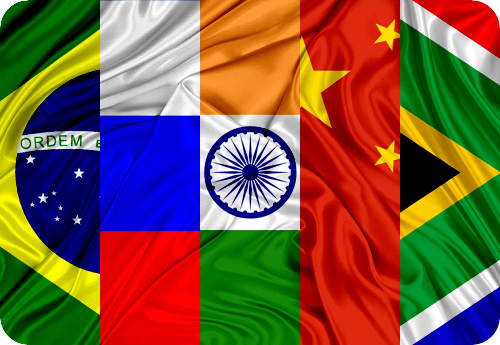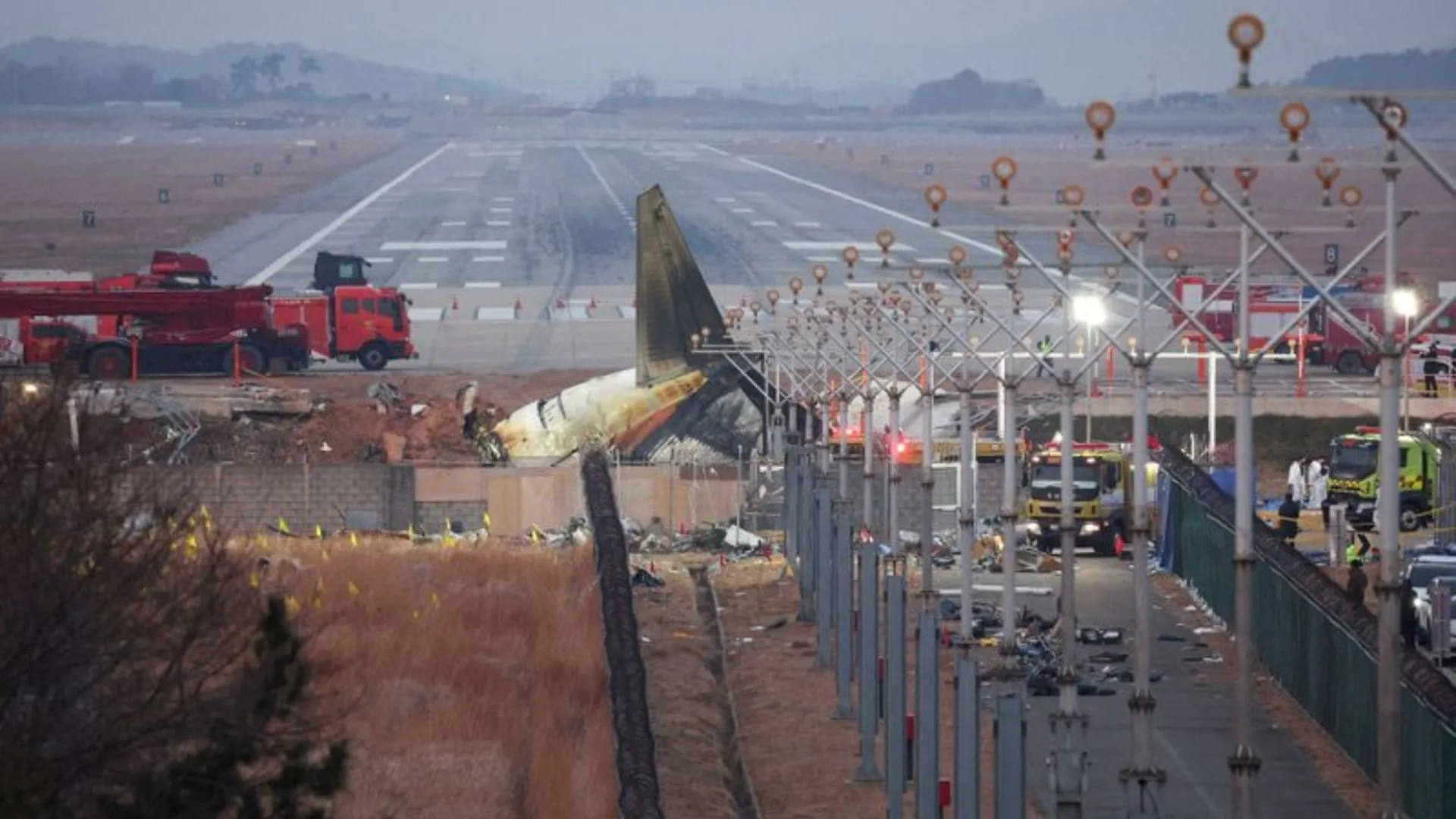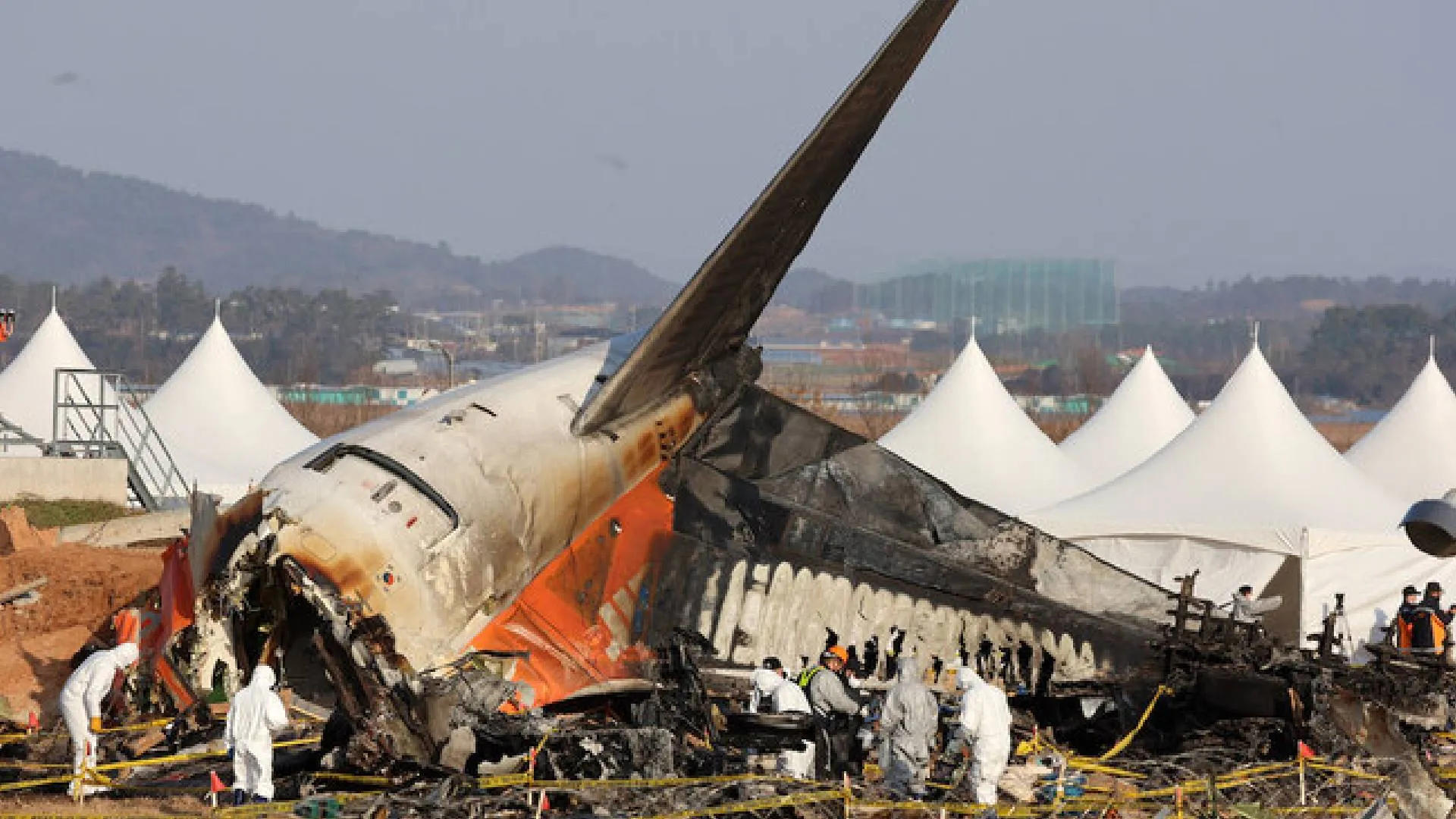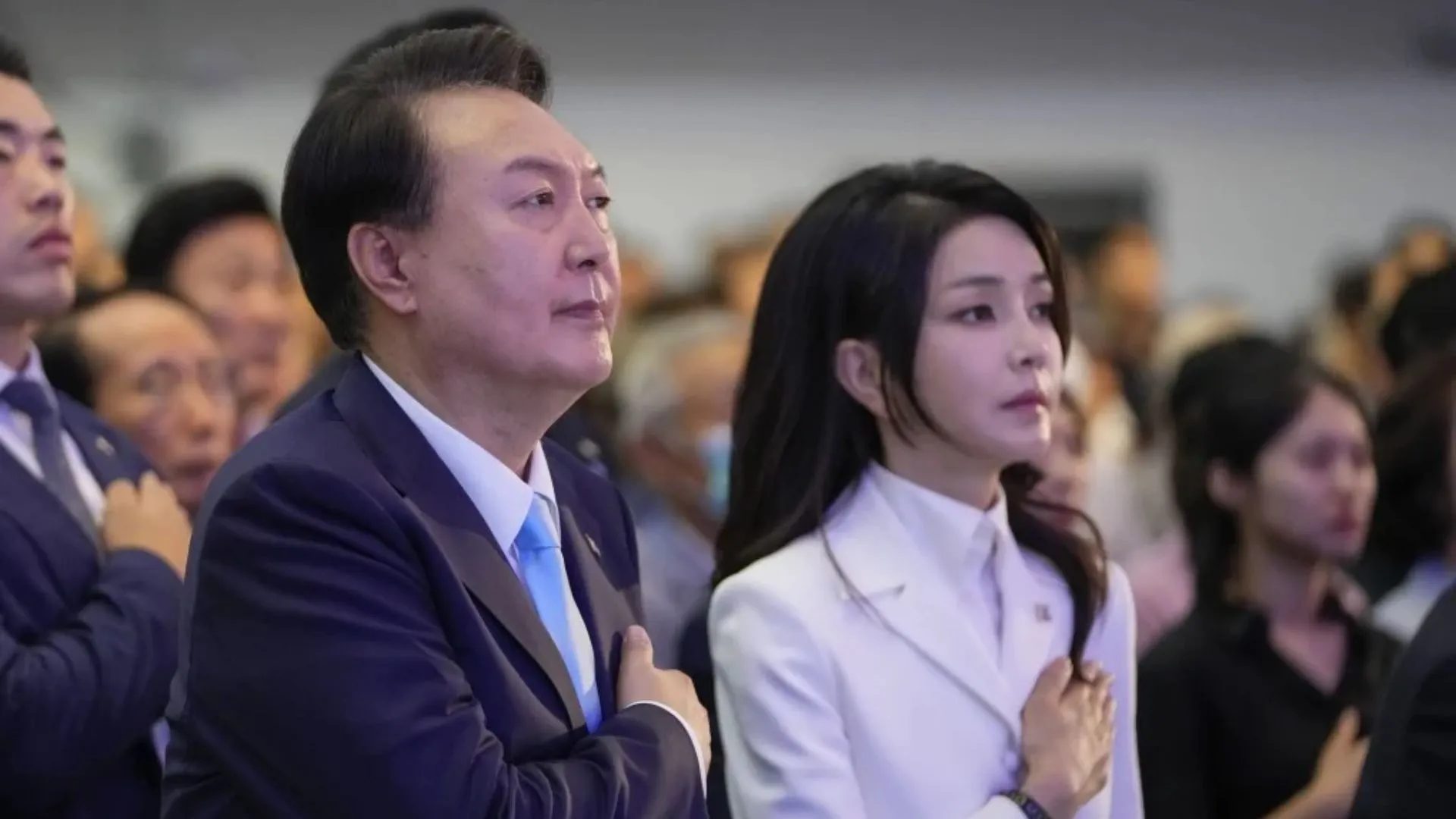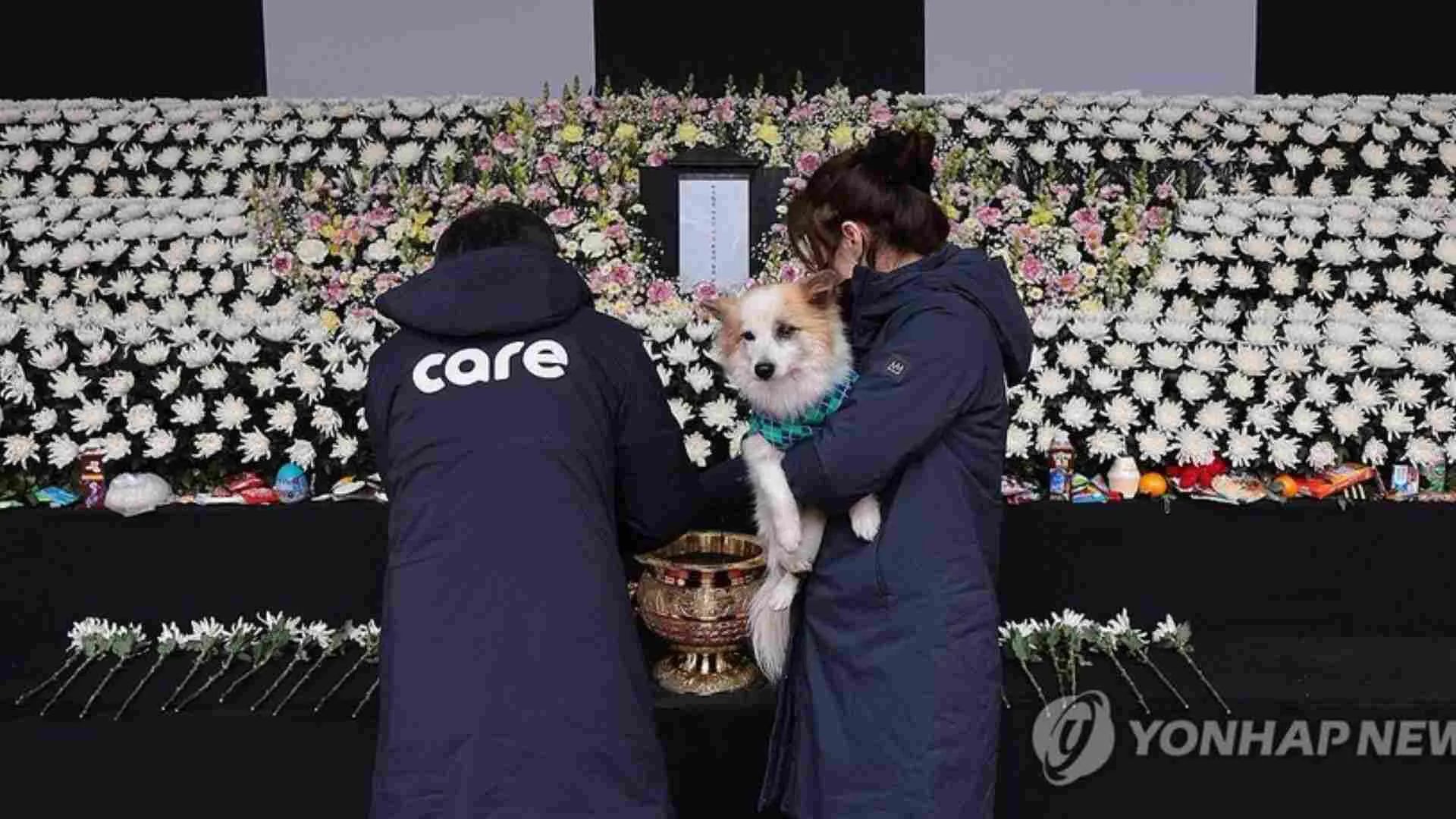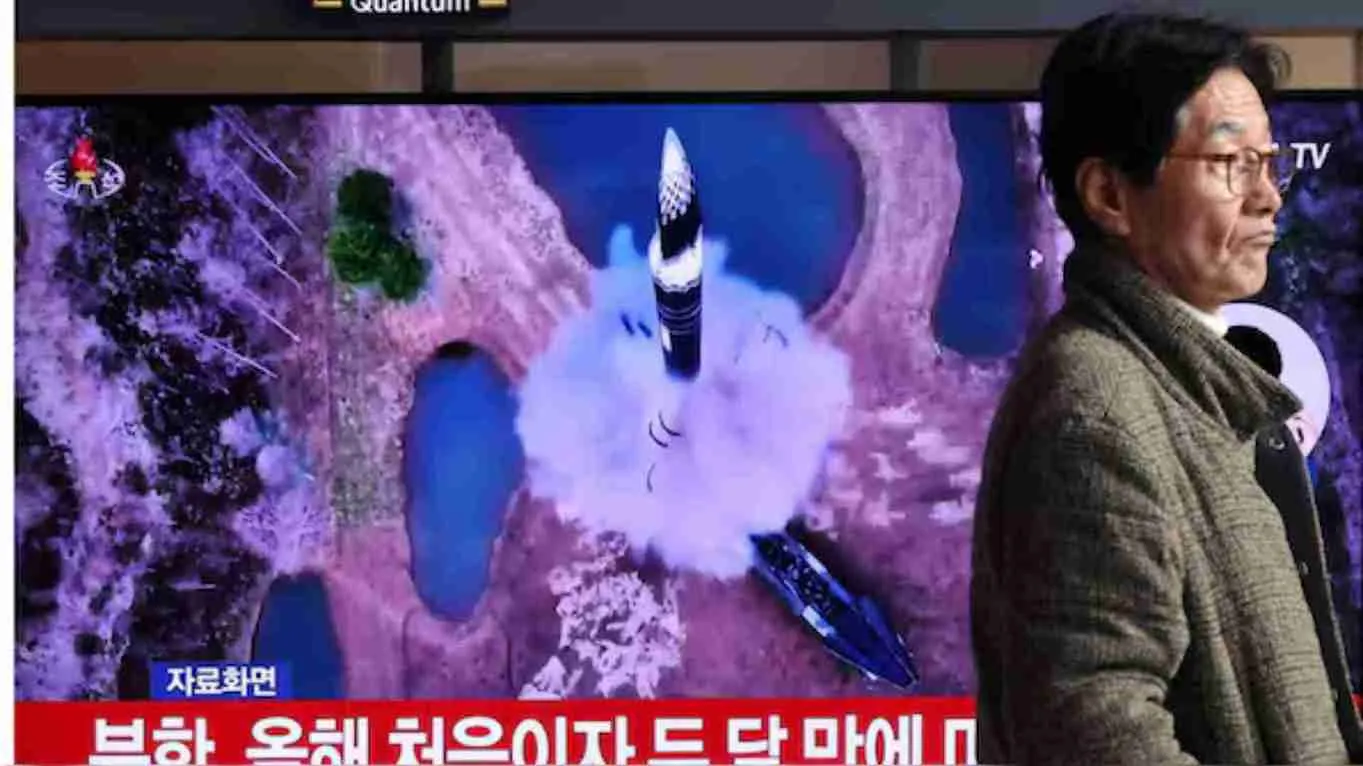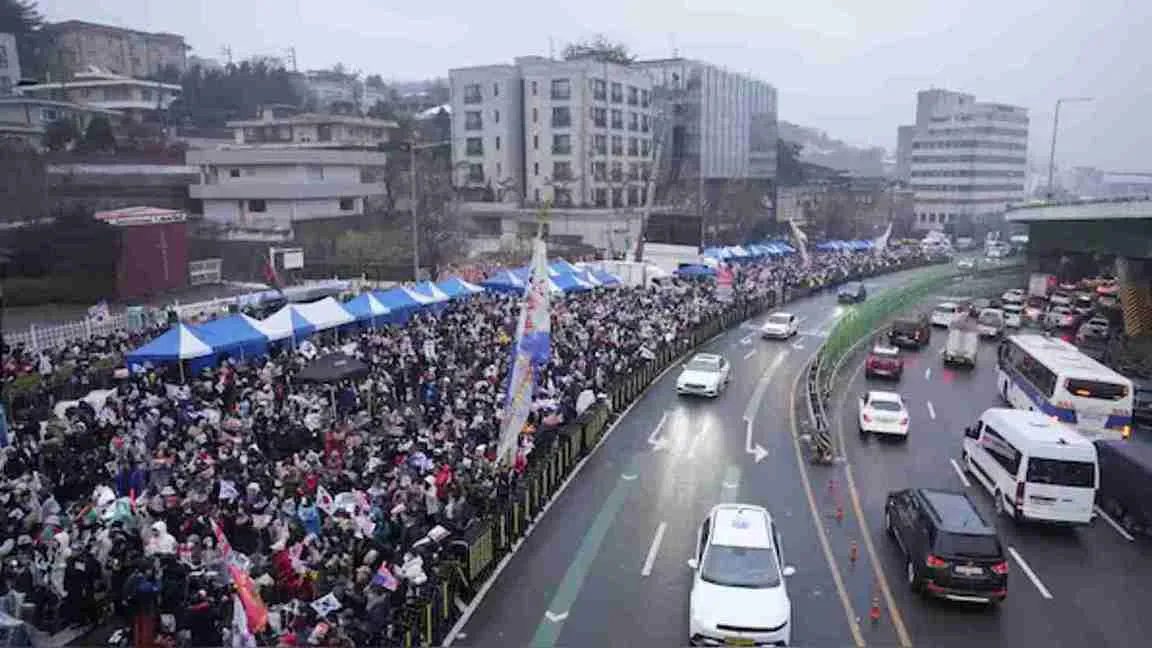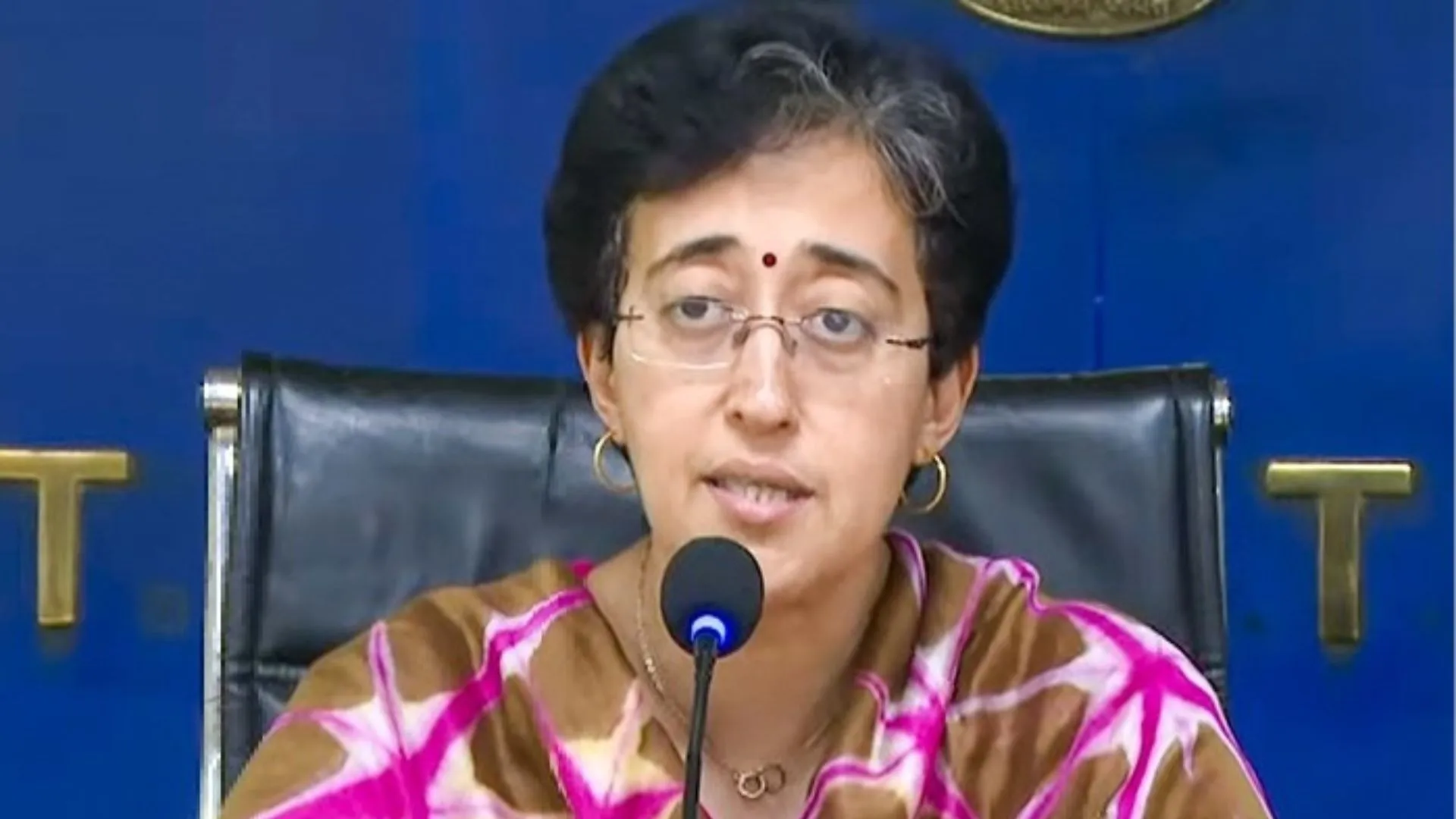The BRICS Foreign Ministers convened in Nizhny Novgorod, Russia, on Monday to discuss various topics, notably the increased use of local currencies in trade and financial transactions among BRICS countries. They acknowledged the necessity for a comprehensive overhaul of the global financial system.
“They recalled paragraph 45 of the Johannesburg II Declaration, tasking the Finance Ministers and Central Bank Governors of the BRICS countries to consider the issue of local currencies, payment instruments, and platforms, and to report back to the BRICS Leaders,” stated the Joint Statement.
The ministers also emphasized the demand made at COP27 for reforming international financial institutions to expand financing and simplify access to resources. They expressed optimism that the 2025 International Bank for Reconstruction and Development shareholder review would be highly successful.
According to the Joint Statement released by the Ministry of External Affairs (MEA), the leaders supported a robust Global Financial Safety Net with a strong quota-based and adequately resourced International Monetary Fund (IMF) at its center. They also called for “continuing the process of IMF governance reform, including creating a new quota formula reflecting the economic size of its membership” during the overall review of quotas.
The ministers emphasized the necessity of reforming the policies and practices of multilateral development banks (MDBs) to increase their lending capacities, better assisting developing countries in financing their development needs and enhancing their climate action, in line with the Sharm El-Sheikh Action Plan of COP27.
India participated in the BRICS Foreign Ministers’ Meeting in Nizhny Novgorod, marking the first foreign policy assignment under Prime Minister Narendra Modi’s third consecutive term. The Indian delegation was led by Dammu Ravi, Secretary (Economic Relations) at the Ministry of External Affairs.
“The Ministers encouraged the New Development Bank to follow the member-led and demand-driven principle, employ innovative financing mechanisms to mobilize financing from diversified sources, enhance capacity building and knowledge exchange, assist member countries in achieving the SDGs, and further improve efficiency and effectiveness to fulfill its mandate,” read the Joint Statement.
They agreed to develop the New Development Bank into a 21st-century Multilateral Development Bank and urged it to execute its functions fairly in accordance with the Agreement on the New Development Bank.
“The Ministers expressed their support for the further expansion of the NDB membership and early consideration of applications from BRICS Member countries as per the NDB approved policies,” the statement added.
Additionally, the ministers expressed their intention to promote energy cooperation among BRICS countries. They called for resilient global supply chains to ensure universal access to affordable, accessible, reliable, sustainable, and modern energy sources.
The ministers recalled their national positions regarding the situation in and around Ukraine as expressed in various forums, including the UN Security Council and UN General Assembly. “They noted with appreciation relevant proposals of mediation and good offices aimed at peaceful resolution of the conflict through dialogue and diplomacy,” the statement read.
The ministers expressed serious concern over ongoing conflicts in the Middle East and North Africa (MENA) region and referenced the Joint Statement by BRICS Deputy Foreign Ministers and Special Envoys from their April 25, 2024, meeting.
Russian Foreign Minister Sergey Lavrov opened the BRICS Ministerial with a minute of silence in memory of the deceased former Iran President Ebrahim Raisi and Iranian Foreign Minister Hossein Amir-Abdollahian, offering condolences to the people of Iran and the families of the victims.
This meeting marks the first of foreign ministers since the BRICS expansion in 2023, with new members Egypt, Iran, UAE, Saudi Arabia, and Ethiopia joining the grouping. Russia assumed the BRICS chairmanship on January 1, 2024.

